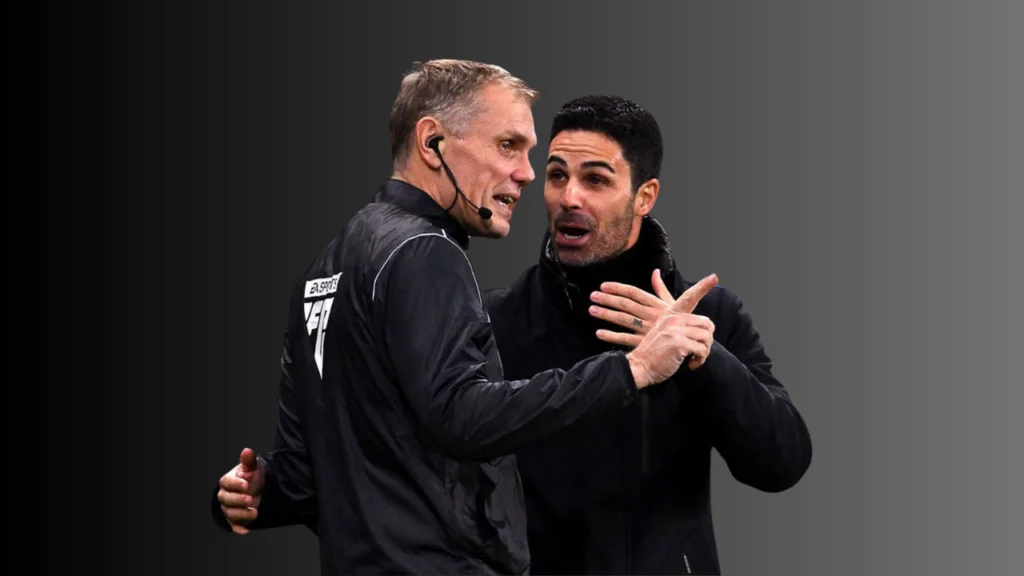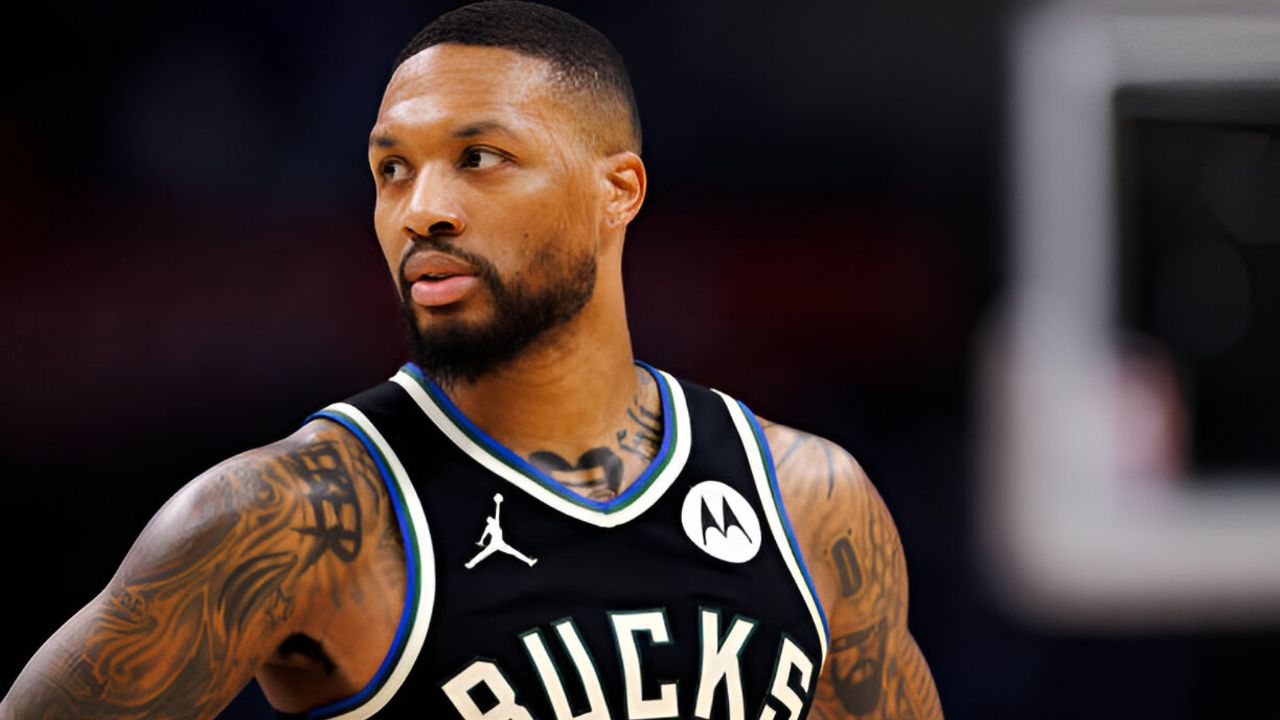“What is the point of VAR?” asked Wolves boss Gary O’Neil. His team was angry because more bad choices cost them the game at Fulham. As extra time wound down, Eddie Howe, the manager of Newcastle United, called a penalty against his own team against Paris Saint-Germain “a poor decision” that “looks completely different” on officials’ monitors.
There has been more use of technology in football over the past few years, but the Video Assistant Referee (VAR) seems to be the one that causes the most debate and questions.
On-field referees are getting more help, so most people think that small, obvious mistakes get better over the course of the season. But there have been a few high-profile cases recently in which clubs or people working for them have complained about the final decision or the way it was made. The most recent of these happened in the Champions League.
Manager Erik ten Hag of Manchester United was upset that several calls went against them in their 4-3 loss to FC Copenhagen. For example, Marcus Rashford was sent off for serious rough play.
On the other hand, there aren’t any hard and fast rules about what is and isn’t a foul, where a decision should or shouldn’t be made, etc., so the Premier League seems to have a much higher bar for when VAR should step in and decide whether an incident should be allowed or not.
In this country, most people think that PSG shouldn’t have been given the penalty against Newcastle, and Jarrell Quansah’s late goal for Liverpool against Toulouse should not have been called off for handball against Alexis Mac Allister much earlier in the game. These things didn’t happen in the Premier League, though, and officials in Europe (who work under the Uefa flag) have different opinions and levels of involvement.
Here’s everything you need to know about VAR, including the newest reasons people are upset with it.
What’s wrong?
Newcastle most recently felt wronged when, in the last minute of extra time of their 1-1 draw at PSG, a penalty was given for handball after a VAR review had not been given during open play.
Earlier in the game, Man United were upset about Rashford’s red card, which they got for stepping on an opponent’s foot and shin. Ten Hag said that in four games, his team had been given three “very debatable” penalties and that his forward’s red card was “very harsh.”
In English football, Arsenal manager Mikel Arteta said that on-field and VAR officials made “unacceptable” mistakes as his team lost to Newcastle. Wolves manager O’Neil, on the other hand, still thinks that the technology is unfairly treating him and his team.
A penalty call against his team that was confirmed by VAR earlier in the season, also against Newcastle, was called “scandalous” by him. After Joao Gomes brought down Harry Wilson in the box, VAR sent referee Michael Salisbury to the screen to award a penalty. Willian scored his second penalty of the game to give Fulham all three points.
When O’Neil talked about the decisions, he brought up the late penalty, Carlos Vinicius’s alleged headbutt on Max Kilman, and why Tim Ream didn’t get a second yellow for a foul on Hwang Hee-Chan. The Whites’ first penalty, given for a foul by Nelson Semedo on Tom Cairney, was also controversial.
Recent comments by Ange Postecoglou suggest that clubs are partly to blame for the long breaks caused by VAR. She said, “Some of it is self-inflicted because if we come out every week complaining about decisions that’s what will happen: every decision gets forensically checked, and we will be sitting around for a long time in every game trying to figure out what is going on.”
It’s important to note, though, that most of these are just personal views. Where Arteta sees fault, another manager, fan, or even official may see a good reason for the decision.

One clear mistake was when Luis Diaz’s goal for Liverpool against Tottenham was called offside and then kept offside, even though VAR showed the forward was onside. It was a “significant human error” because the referee, Darren England, seemed to forget that the ball had been called offside instead of a goal.
On the other hand, Millie Bright said it was bad that there wasn’t VAR in the first Women’s Nations League game because England scored a goal that was clearly offside, but it would have been easy to call off.
Others clear VAR mistakes that PGMOL had to say sorry for are Wolves not getting a penalty against Man United after Andre Onana tripped Sasa Kalajdzic, Brentford not having their goal against Arsenal checked properly because there were no offside lines drawn, and West Ham’s late equalizer being ruled out for a foul when there wasn’t one.
What’s good about this?
Really, a lot.
It’s not taken into account when three or four calls are exactly right and one causes a lot of trouble or is just a personal call that most people don’t agree with.
As an example, in the very eventful match between Tottenham and Chelsea, several goals were correctly called out for offside thanks to VAR. Also, Cristian Romero was sent off for a penalty that was given because of VAR’s help.
More often than not, these calls that most people agree are right don’t get extra attention. This is partly because the technology exists to help officials make the right calls with a second look.
But that doesn’t mean they don’t happen. Following the introduction of VAR, 82% of decisions made by the Premier League were right in the previous season. That number rose to 94% in 2019/20.
How do VAR checks work?
From the website for the Premier League: It is only going to be used for “clear and obvious errors” or “serious missed incidents” in four situations that could change the outcome of the game: goals, penalty decisions, direct red-card incidents, and mistaken identity.
VAR is always watching and keeping an eye on match footage from the hub at Stockley Park in case any of those things happen or could happen.
If there is a decision to be made, the VAR or Assistant VAR (AVAR) will tell the referee that play should stop while checks are made. They will then suggest either overturning the decision, having the ref check the monitor from the sidelines, or continuing play with the original decision made on the field.
If the game is already going on, the camera officials have until the ball stops moving to let the referee know that a check is being done.
The judge can then either look at the monitor or go with what the VAR says. Once they’ve looked at the monitor at the field, they can either stick with their first judgment or change it, then tell the crowd about their new choice.
What have they said?
Howard Webb is the refereeing boss of Professional Game Match Officials Limited. He took over the job last year to help raise the level of refereeing in English football and make sure that technology is used more smoothly.
Within the League Managers’ Association, PGMOL confirmed that “they are actively looking at how best to incorporate VARs into match-day refereeing teams, to ensure that the dynamic between on-field referee and VAR is conducive to producing positive outcomes.”
The organization “acknowledge[d] a significant human error occurred” after what happened with Diaz and added more steps to make sure it didn’t happen again. Webb said that releasing the audio of that event was a “unusual step” that was done to “show everyone what was very quickly pretty obvious to us: a human error and loss of concentration.”
Webb has said that there will be more VAR-specific officials, but Lee Mason tells a cautionary story. The former judge was hired as a full-time VAR for 2022–2023, but he quit after making the mistake that led to Brentford’s goal against Arsenal last season. Keith Hackett, who used to be the boss of PGMOL, called Mason a “serial offender” because he had been kicked off the refereeing list earlier that season for wrongly disallowing a Newcastle goal.
However, Mason was hired again as a referees’ coach for the lower leagues at the start of this season. People don’t think he’s still working for VAR, but PGMOL hasn’t stated that. They also haven’t said why his credentials make him a good fit to teach less experienced officials, even though he was fired already.
READ MORE:
- LIV Tour, PGA Tour, and Jon Rahm all criticized as golf loses popularity.
- British scientists say they have found a way to make sure you win the lottery by buying 27 tickets.
- Baldur’s Gate 3 wins game of the year at the 2023 Game Awards.
- The big names that are coming to Liga MX before the Clausura 2024.









Comments are closed.